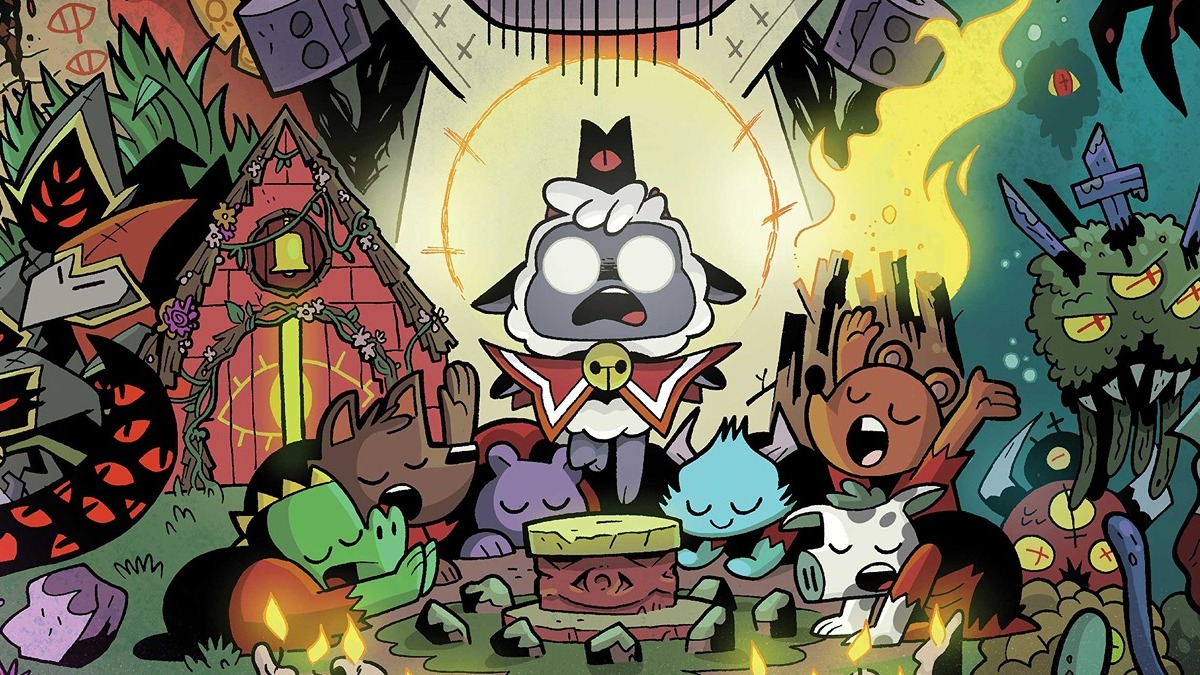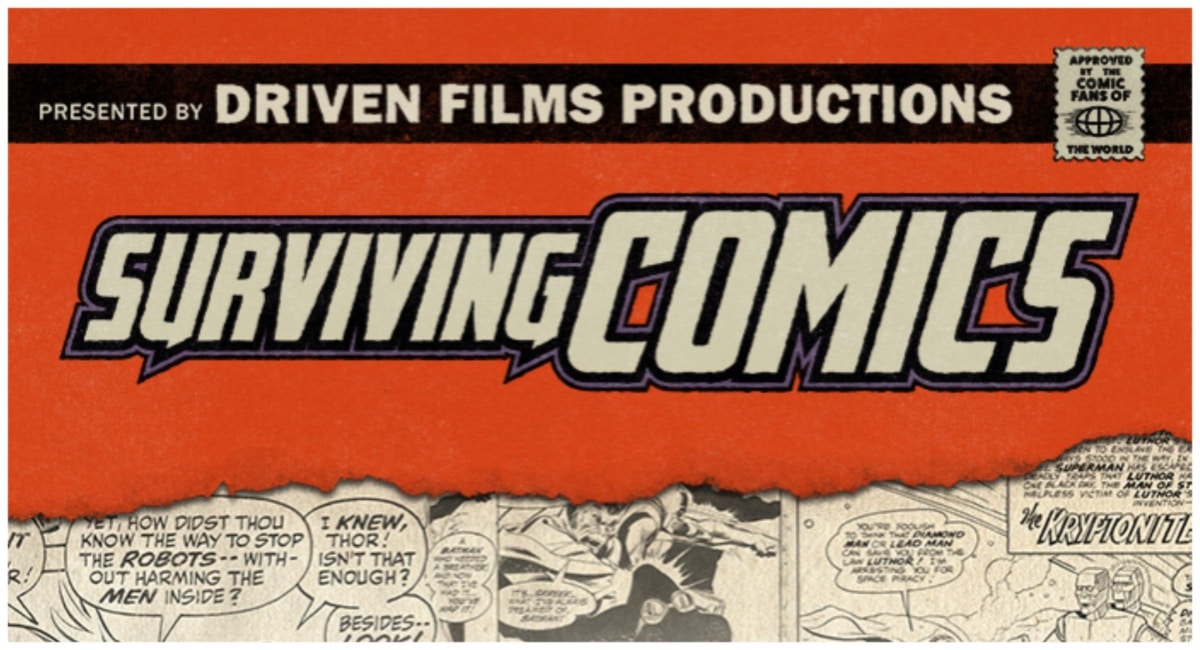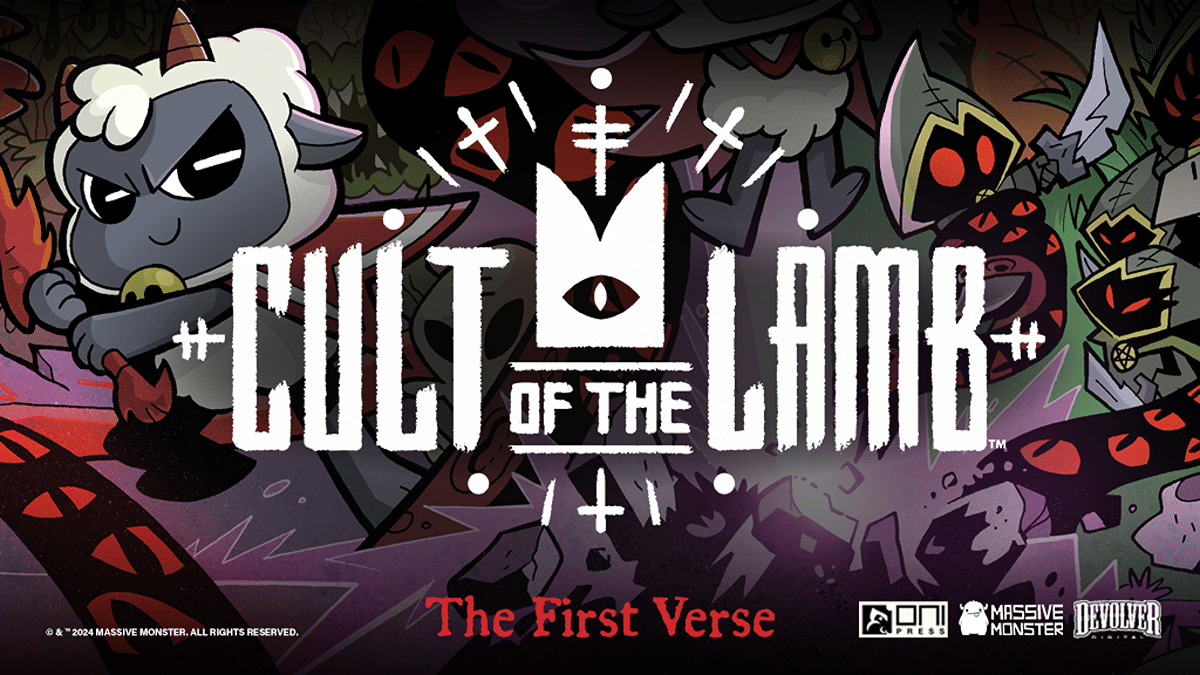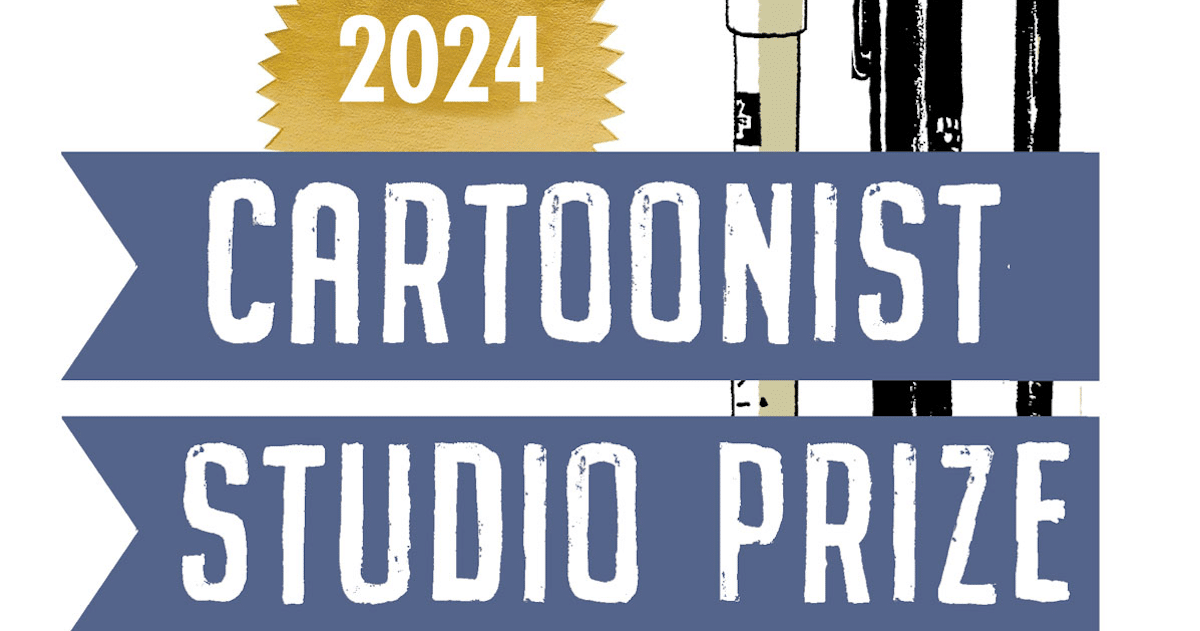I always know I’m getting something unlike anything else on the shelf when I buy a Chris Lewis comic. His last multi-issue series, Drones, for example, was a psychedelic satire about the military. His latest effort, the digital first Karma Police series about a group of monks fighting for peace, might be even stranger, in a very good way. I spoke to him about the book, how the creative team came together, its crowdfunding campaign and what keeps Lewis dissatisfied with any kind of standard style.
All art by Tony Gregori and Jasen Smith.
What attracted you to a story that looks at the conflict between violence and peace?
Karma Police is more concerned with the consequences of using violence as a means of pursuing peace. Exploring an “ends justify the means” philosophy is a pretty common storytelling trope that we’ve tried to spice up with a splash of reincarnation sauce.
Did you find Tony Gregori before or after you started scripting?
I had finished issue #1 when I started to look around for an artist. The rest of the series was roughly plotted out, but I made a conscious decision to get an artist on board before finishing the rest, in order to better tailor the script to his/her strengths. And more importantly, you just don’t know how much of a focus you should put on demon luchadores until your artist says they are interested in drawing that sort of thing.
What was the search process like for an artist?
This is the first project of mine where the search started and ended with one guy. I saw Tony’s stuff and knew right away that he was the one to bring Karma Police to life. I didn’t even put out an ad on Digital Webbing. But it didn’t start out so easily. I reached out to him right before Emerald City Comic Con 2014, asking if he was going to be there. He said he’d be wandering the convention and would be sure to swing by my table and say hello. At this point I hadn’t told him anything about the project, as I wanted to pitch the idea in person. So when he never showed up, I was quite disappointed. To top it all off my table at the show was in a terrible little alcove with hardly any foot traffic. Sales were abysmal. There was no Internet connection, so I had no way to contact Tony and see where he was at. And when I stumbled back into my hotel room at night, drunk from trying to wash away the sadness, what did I see? Pictures of Tony chilling at a big name artist’s table, doing free sketches for the crowd that had gathered to watch him. My despair knew no bounds. I wrote a short email to him on the last night of the show, telling him that it was too bad we never got the chance to meet up, and figuring that he’d never respond to the sad little writer in the sad little alcove. To my surprise he wrote back immediately and told me how sorry he was that it didn’t work out, and that he was still interested in collaborating on a new project. I sent him the synopsis as soon as I got home, he was very intrigued by the premise, and we started working on the book shortly thereafter. Heck yeah.
Paul Allor, writer of Past the Last Mountain, mentioned that Comics Experience doesn’t take a cut of the profits of the digital version. Does it receive any portion of your Kickstarter earnings?
Nope.
Then what motivates the company to publish Karma Police?
Because they believe it has the power to open up a new discussion about the role of buddhist assassin monks in society? In all sincerity though, Comics Experience is always a pleasure to work with. Our agreement is such that they have exclusive digital rights to Karma Police, and Tony and I retain the rights for any print versions of the book. I won’t assume to know the overall strategy regarding their digital line, but the fantastic deal they are offering is a way to increase awareness of the brand, get new creators on board, and show off some of the wonderful work that is being produced on the CE Creators Workshop.
How did you decide on the number for your (rather modest) Kickstarter goal?
I researched all the costs of printing, shipping, fulfillment, Kickstarter fees, etc., and came up with the amount of money I needed to break even. Then I factored in reality, subtracted a ton of money, and set a goal that seemed reachable.
What do you do to make your work different from other comics being released?
Oh man, if I thought about that I probably wouldn’t produce anything. I just try to follow that old cliche and write the kinds of books that I’d like to read.
Who or what are some of your influences?
I have the Stray Bullets: Über Alles collection on repeat right now. David Lapham is a genius. Whenever I’m feeling low on creativity I reach for some Steve Gerber. And if Gail Simone could just give me one ounce of her talent, that would be nice.
I asked you something like this for our last interview and, given what you’ve written since then, I’m now even more curious: do you ever want to do a more straightforward story without the heavy themes or are you always going to push boundaries?
I’m currently working on a book about a construction worker who gets a backhoe bucket for an arm. So to answer your question…both of those things?
Get Karma Police on ComiXology or, better yet, back the Kickstarter for it and help make the print version a reality.














